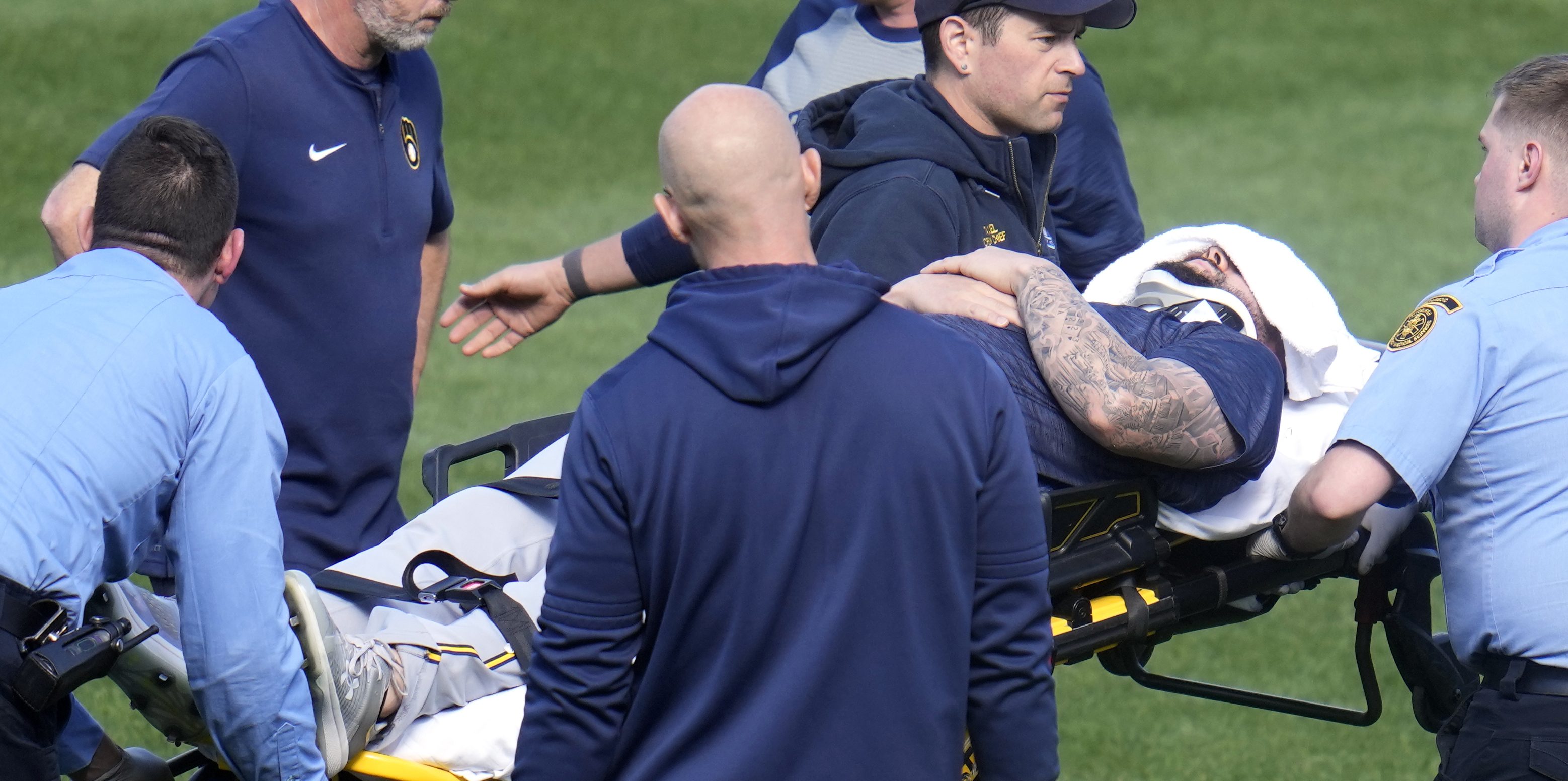So long as the Harper-to-the-Cubs rumors continue to (kinda) swirl, we're going to keep hammering away on the Harper content. You all roll your eyes now, but when he's posted a 130 wRC+ through the first 6 weeks with the White Sox, you're going to think back to the good ol' days when he still had a chance of signing with the Cubs.
Yesterday, we looked at 3 ways Harper can improve on his already-astounding career stats. Talking about how really good players are actually not as good as people think is a bummer, so let's not do that again. Instead, let's take this time to admire one of the game's great players and how he could fit in the North or South side. Should the Cubs or White Sox be the last man standing at Harper's Baazar or whatever psuedo-clever colloquialism Scott Boras prides himself on thinking up, here's what they'll be getting with their $300 million investement:
Generational Power
In the seven years that Harper's been up, only 19 players have posted a better ISO than he has (.223). He's slotted a few spots below Kyle Schwarber and a few spots above Kris Bryant, which, coincidentally enough, is probably how the Cubs would build that lineup card, too. In that time, Harper's hit 174 home runs - only 19 players over that seven-year span have more. He's only missed the 20-homer mark once in his career, an injury-filled 2014 season. His home run totals the last 4 seasons: 42, 29, 24, 34. He's never had a below-average exit velocity, either, and still finished with the 30th-best HardHit% in baseball last year. The kicker, of course, is that Harper's 26 years old. It's widely considered that 26-30 represents the prime of a baseball career, so Harper's just now getting into his peak. Let that sink in for a moment. Players of his caliber almost never hit the open market before or at the height of their peaks.
An uncanny knack of getting on base
It's funny, but powerr might not even be Harper's best attribute. *No one* gets on base like he does. In the seven years since he's been in the majors, only six batters have posted better walk rates. He lead baseball with 132 walks. ONLY Mike Trout had a better BB% (Trout had almost 100 less PAs than Harper which explains why those are flipped). The Cubs' collective team BB% was nine percent. Their best individual BB% belonged to Kyle Schwarber (15.3%). The White Sox posted a team-wide BB% right around seven percent and their best was either Omar Navarez (11.8%) or Matt Davidson (10.5%) depending on how you feel about sample size. Harper posted an BB% of 18 percent, and that wasn't even the best clip of his career. He would immediately be the best on-base threat on either team, and getting on-base leads to runs, which is theoretically what you're buying with $300 million.
A sense of the moment
MLB
Clutch is a funny thing to define, as some people will die on that hill and some people refuse to believe it exists. FanGraphs has plenty of numbers if you want to counter this argument, but you can look at moments like Game 2 of the 2017 NLDS or his game-tying YAM in the 2014 NLDS or his Opening Day Homer streak or even his performance in last year's Home Run Derby and realize that Harper understands the moment. Is it quantifiable? Perhaps not. But anyone that's watched Harper over the last seven seasons knows that more often than not, he comes up big in big moments.
And lastly, a side note about his health
A great deal of people are hesitant to support a Harper signing under the premise that he's never healthy. That's ... not exactly true anymore. Here's a log of how many games he's played in the last 4 seasons:
2015: 153
2016: 147
2017: 111
2018: 159
So he's only missed substantial time once in the last four years. He missed a lot of time in 2013 and 2014, sure, but how long does two years of nagging injuries carry a narrative? The ONLY Cubs player to appear in more games than Harper last season was Javy Baez, who beat him by *one*. No one on the White Sox appeared in more games than he did. Injuries are part of the game, and Harper got a taste of that when he came up and played fearless, ultimately learning his lesson thanks to the outfield walls in Atlanta and Los Angeles. At this point, Harper's health shouldn't be taken any more or less seriously than the health of any other player.


